INDEX
- The Importance of Boating Safety
- Essential Boating Safety Gear
- First Aid Kit Must-Haves
- Handling Emergencies on the Water
- Boating Safety Courses and Resources
- Parting Thoughts
- FAQ Section
The Importance of Boating Safety
Boating opens a world of adventure, freedom, and unforgettable memories on the water. However, the exhilarating feeling of setting sail comes with a significant responsibility—boating safety. Understanding the risks and being prepared are not just regulatory obligations; they’re essential practices that safeguard your adventures, ensuring every trip is as safe as it is enjoyable.
Understanding the Risks Associated with Boating
Boating, like any adventure sport, carries its inherent risks. From sudden weather changes to unexpected equipment failures, the sea is as unpredictable as it is beautiful. However, knowledge is power. Recognizing potential dangers and knowing how to respond can dramatically reduce the likelihood of accidents.
The Role of Preparedness in Preventing Accidents
The key to a successful and safe voyage lies in preparedness. This encompasses everything from having the right safety equipment on board and understanding how to use it, to knowing the local boating laws and being able to perform first aid.
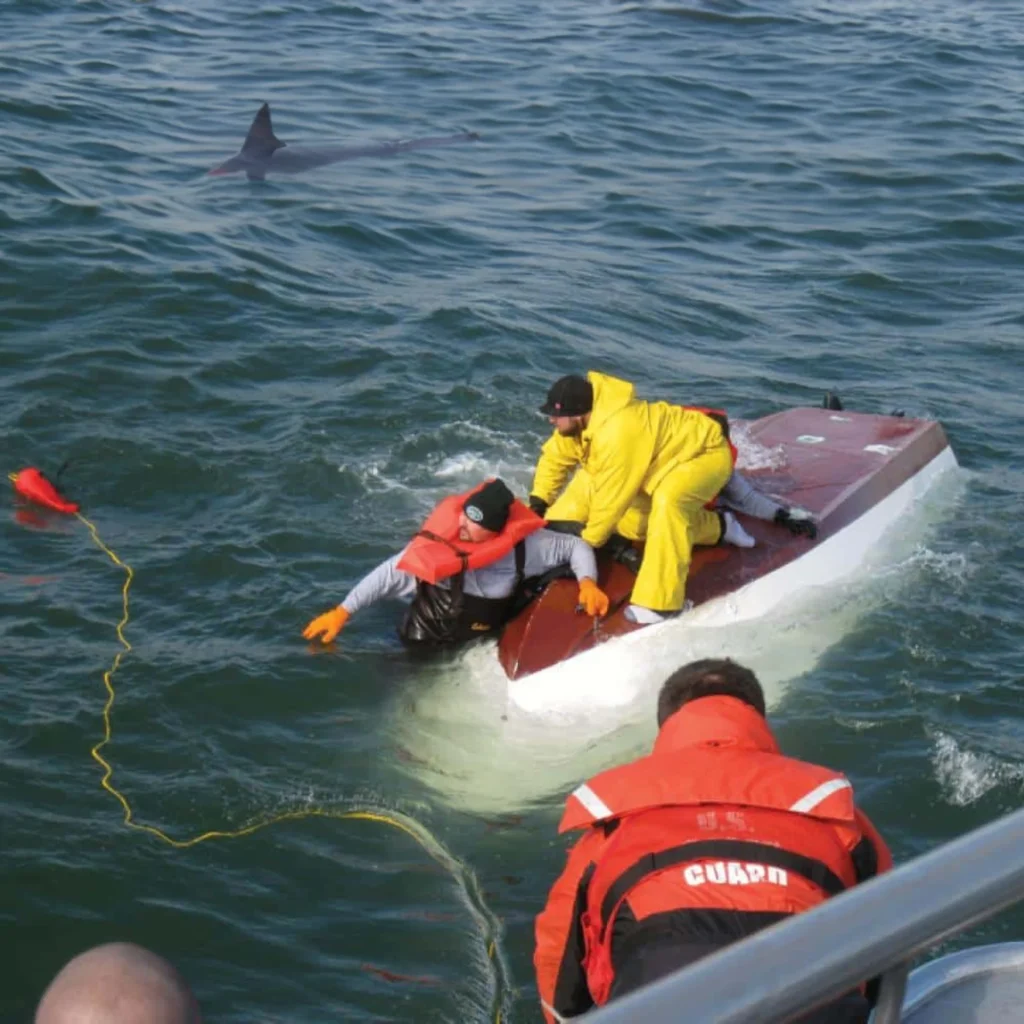
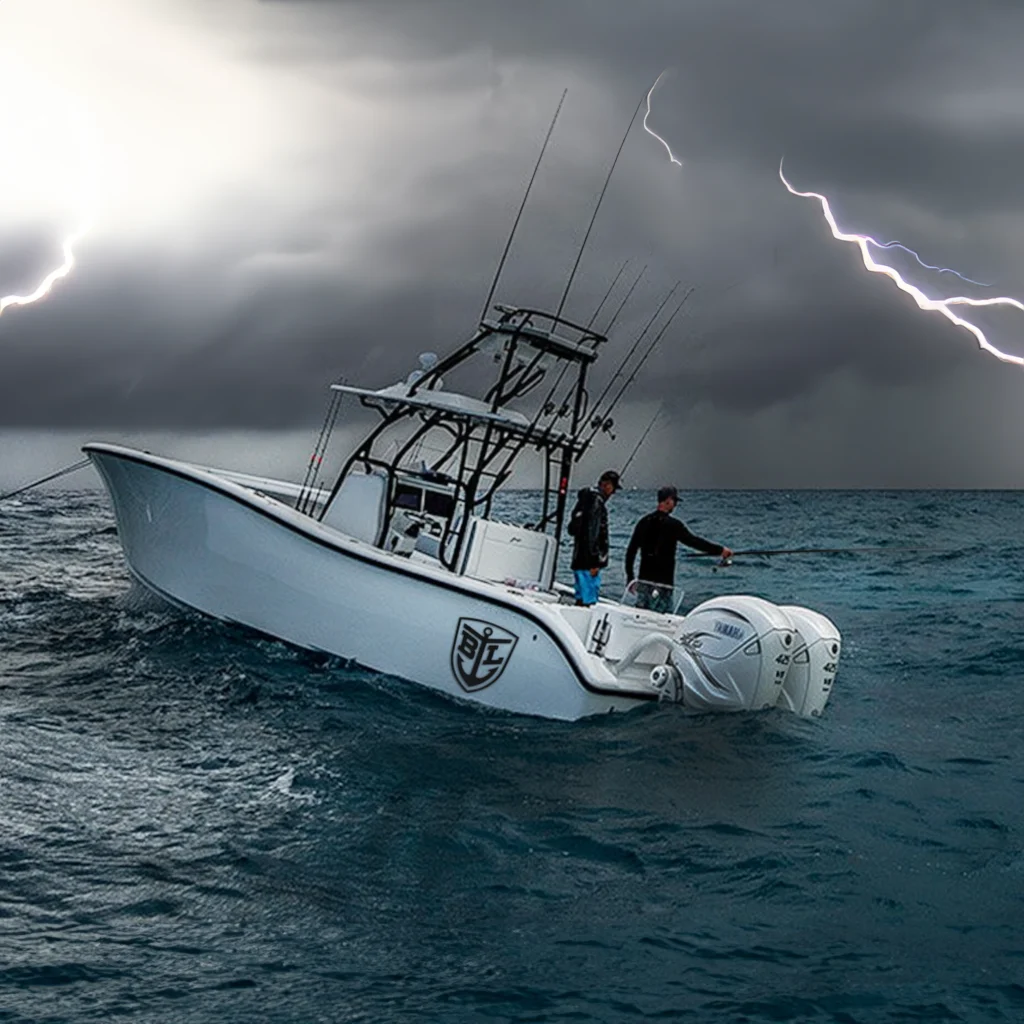
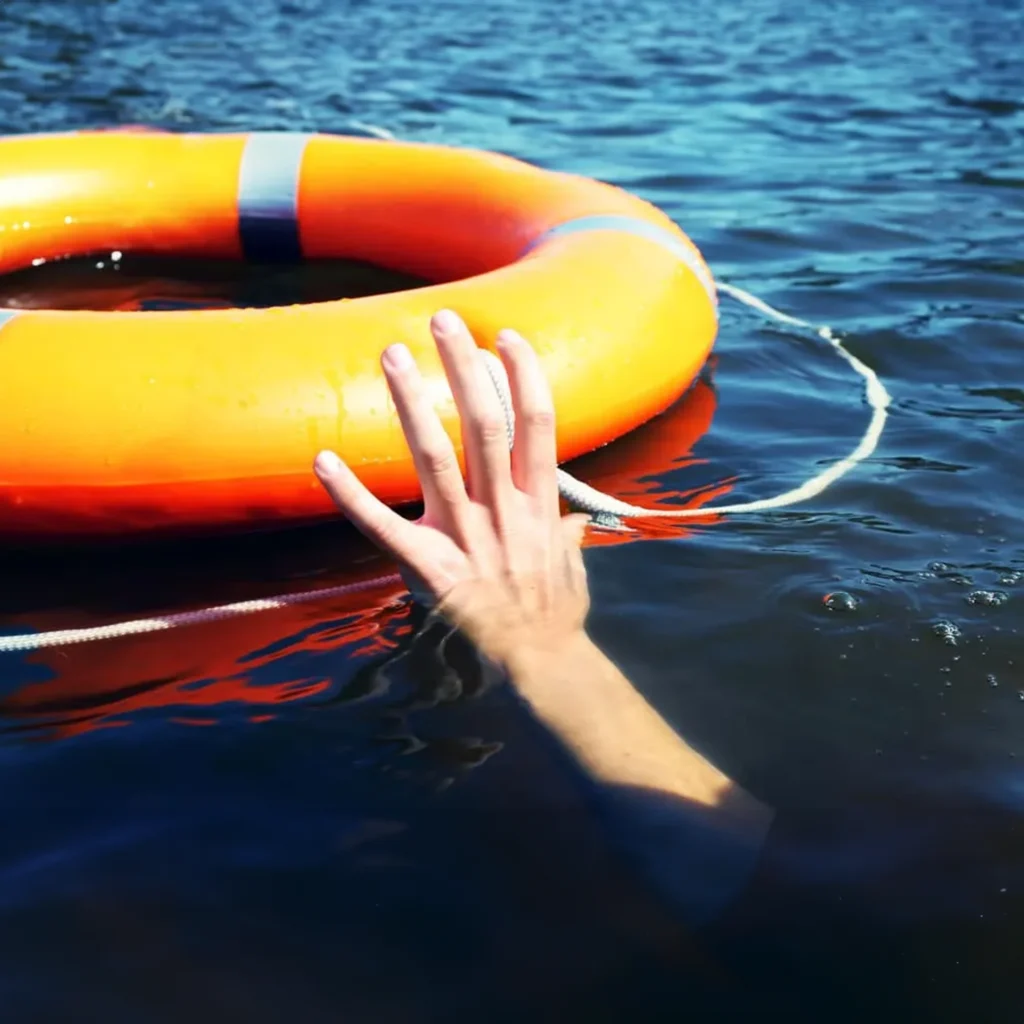
Essential Boating Safety Gear
When it comes to boating, being prepared means having the right gear on board. Think of your safety gear as the superheroes of the sea—each with its unique powers ready to save the day. Let’s unpack the essentials, ensuring you’re equipped for a safe and enjoyable adventure on the water.
Life Jackets and Personal Flotation Devices (PFDs)
In the world of boating safety, life jackets are the undisputed MVPs. They come in various shapes and sizes, designed for comfort without compromising on safety. Remember, a life jacket should fit snugly, as if it’s a part of you—because when the moment comes, it quite literally is your lifeline. Make sure every passenger has one, and they’re not just on board but easily accessible.
Fire Extinguishers and Emergency Signaling Devices
Fire extinguishers: Ensure you have the correct type and that it’s within reach, and familiarize yourself with its use before you set sail.
Emergency signaling devices: Flares and EPIRBs (Emergency Position Indicating Radio Beacons), are your direct line to rescue services.
Navigation Tools and Weather Forecasting Resources
Charts, compasses, GPS devices, and weather forecasting tools are your trusted guides that ensure you stay on course and ahead of any weather changes.
First Aid Kit Must-Haves
Bandages, Antiseptics, and Sterile Dressings
Bandages: Such as adhesive strips for the smallest cuts to larger, wrap-around types for sprains or more significant injuries.
Antiseptics: cleanse wounds and vanquish the threat of infection.
Sterile dressings: a protective barrier between the wound and the elements of the sea.
Emergency Medications and How to Use Them
Pain relievers: used to ease aches and pains.
Antihistamines: used for allergic reactions.
Antibiotics: used to fight infections.
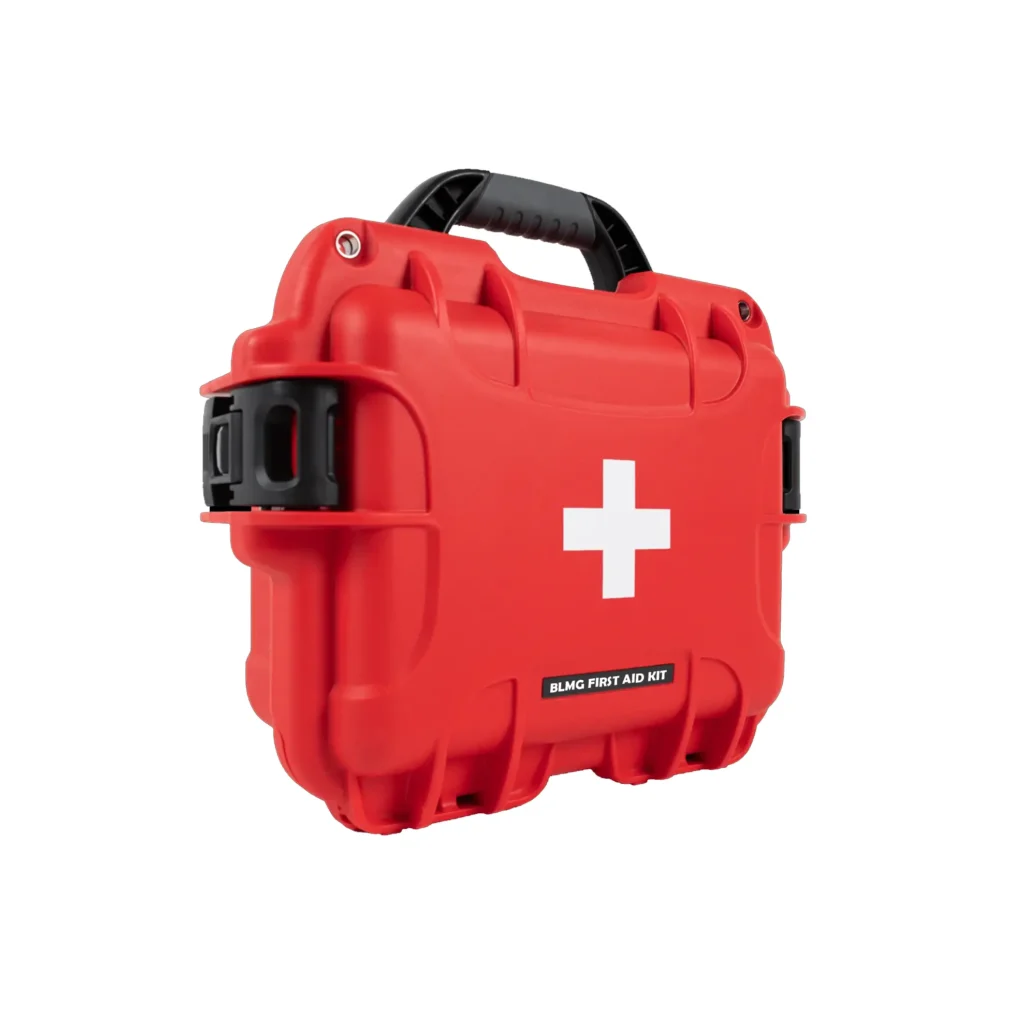
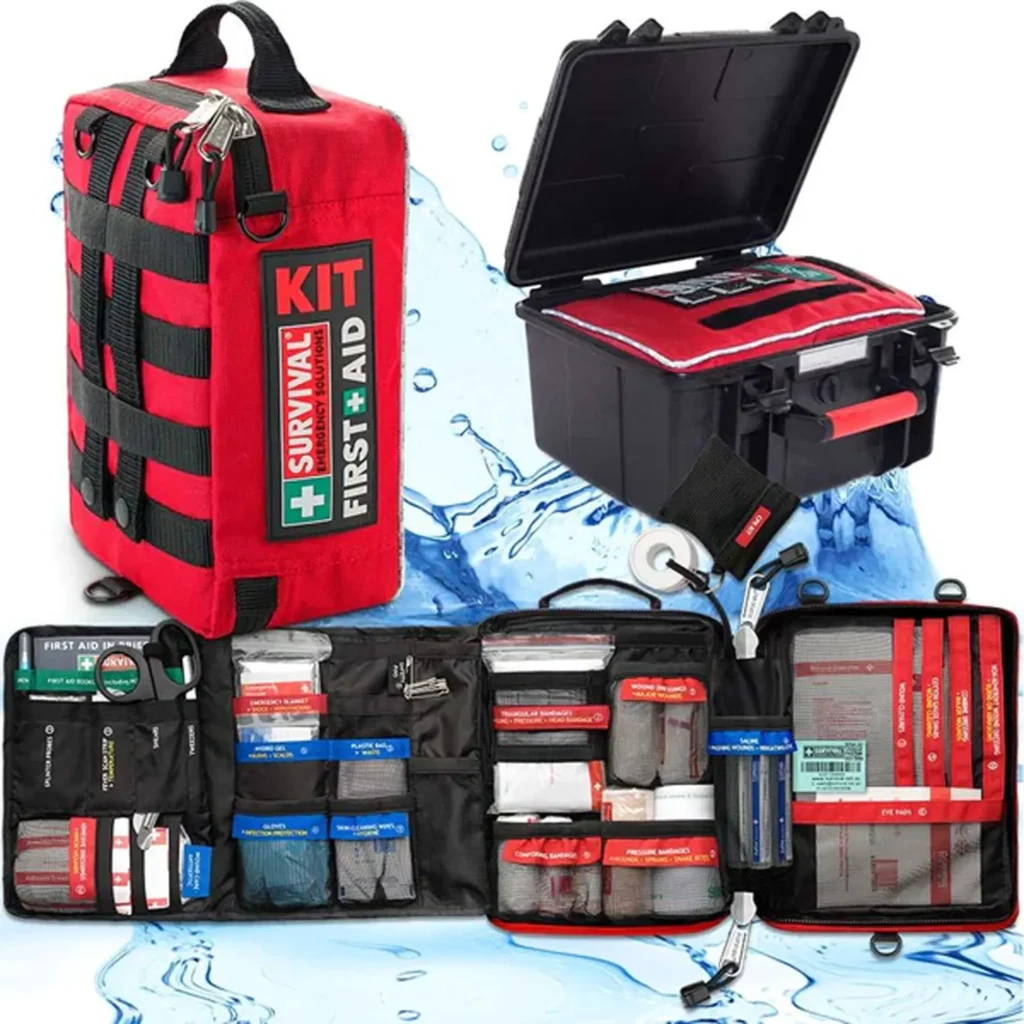
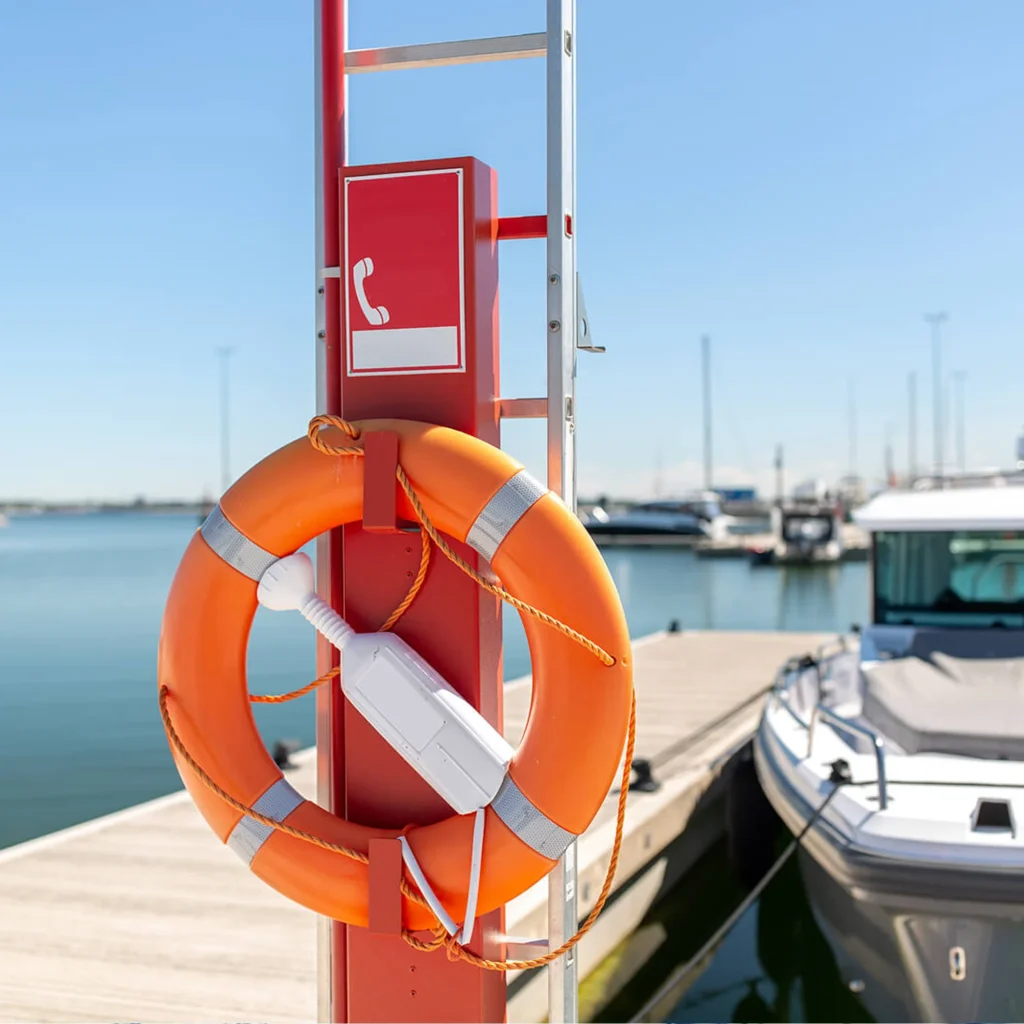
Handling Emergencies on the Water
Emergencies can arise unexpectedly, transforming tranquility into tempest. Here, we navigate through the protocols and preparedness that turn potential tragedies into tales of resilience and heroism.
Man-Overboard
Initiating a MOB drill involves immediate action: signaling the alarm, marking the location, and executing a practiced maneuver to retrieve the person safely. Remember, the goal is not just rapid response but maintaining visual contact and ensuring the safety of the rescuer and the rest of the crew.
Boating Accidents or Capsizing
In the event your boat Capsizes, first ensure everyone is accounted for and wearing a life jacket. Activate emergency signaling devices if necessary. Staying with the vessel provides a larger target for rescuers, unless it poses a danger to your safety.
Communication with Coastal Authorities
In times of crisis, communication is your lifeline. Whether it’s via VHF radio, emergency beacons, or even a cell phone, knowing how to send a distress signal is crucial. Each message should be clear, concise, and contain essential information: your location, the nature of the emergency, the type of assistance needed, and the number of people in danger.
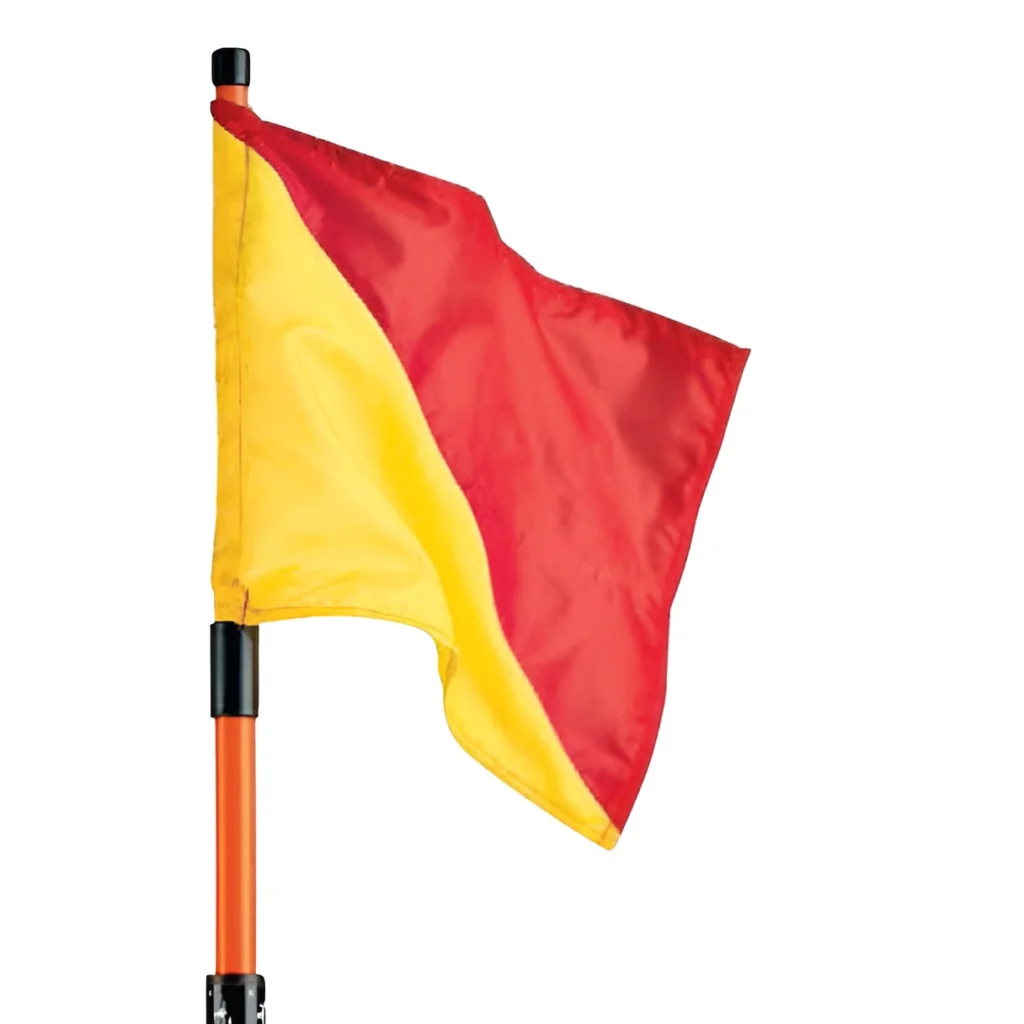
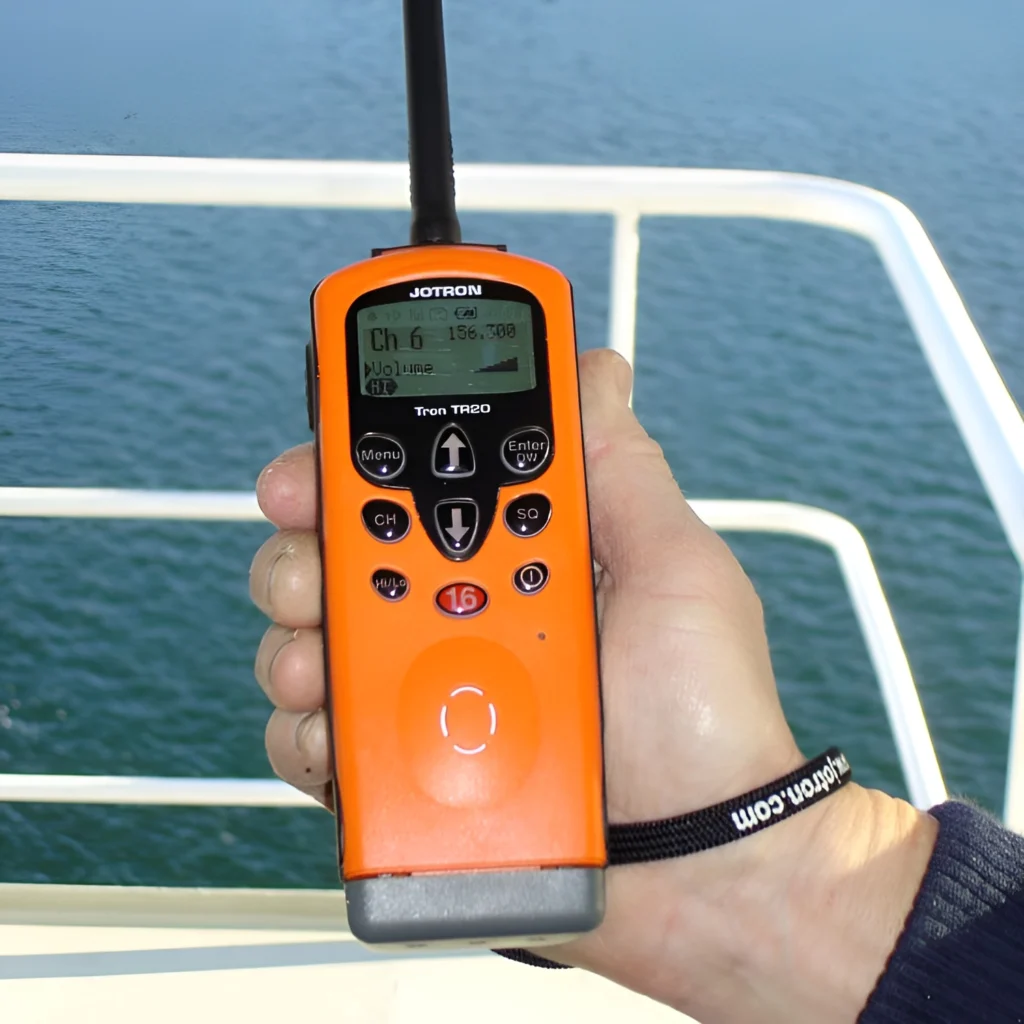
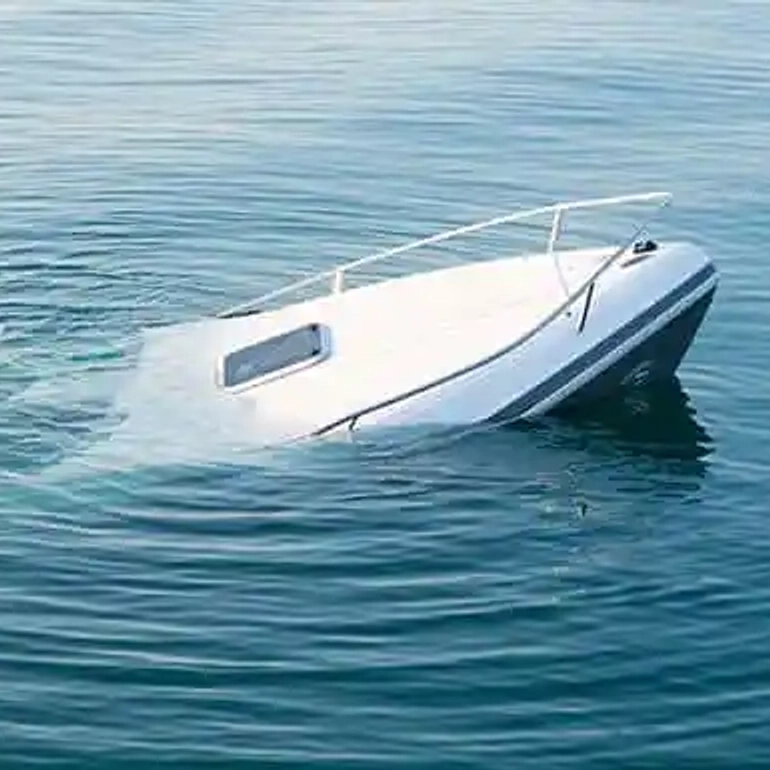
Boating Safety Courses and Resources
Safety Courses for Boaters
Programs, often available through organizations like the Coast Guard Auxiliary or the American Sailing Association, are not just classes; they’re gateways to mastery and safe passage through the trials of the sea.
Online Resources and Mobile Apps for Boating Safety
In today’s digital age, the wisdom of the ancients meets the convenience of modern technology. Online resources and mobile apps offer everything from weather forecasts and navigation aids to interactive safety courses and emergency procedures.
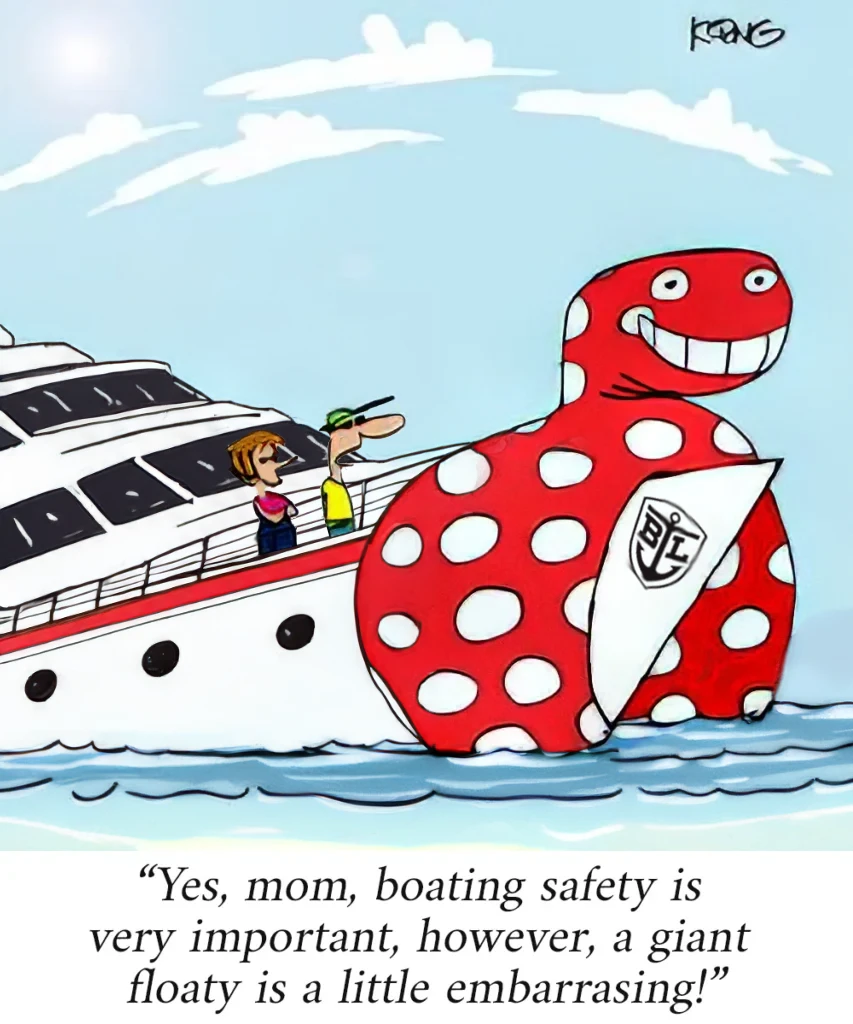
Parting Thoughts
Creating a culture of safety is a top priority for Black Label Marine Group. Through this guide we hope to educate and provide useful information to ensure your next outing is a safe one. So, as we set sail on this shared voyage, let us chart a course towards a legacy defined by a profound commitment to safeguarding ourselves, our fellow boaters, and the majestic marine realm we are privileged to explore.
Boating Safety FAQs
The essentials include (1) Life Jackets for everyone on board, a (2) Fire Extinguisher, reliable (3) Navigation Tools, and a comprehensive (4) First Aid Kit. These items ensure preparedness for most situations you might encounter on the water.
Perform a thorough inspection of your safety equipment at the beginning of each boating season and a quick check before each trip. Regular maintenance is key to ensuring everything is in working order.
Every boater should know how to perform CPR, treat wounds, and manage seasickness. These basic skills can significantly impact the safety and comfort of all passengers.
To stay informed about the latest boating laws and regulations, subscribe to maritime newsletters, join relevant boating associations, and participate in boating forums and social media groups. If you are a Florida Resident, we recommend registering for an account at FWC.com and checking the site regularly for updates.

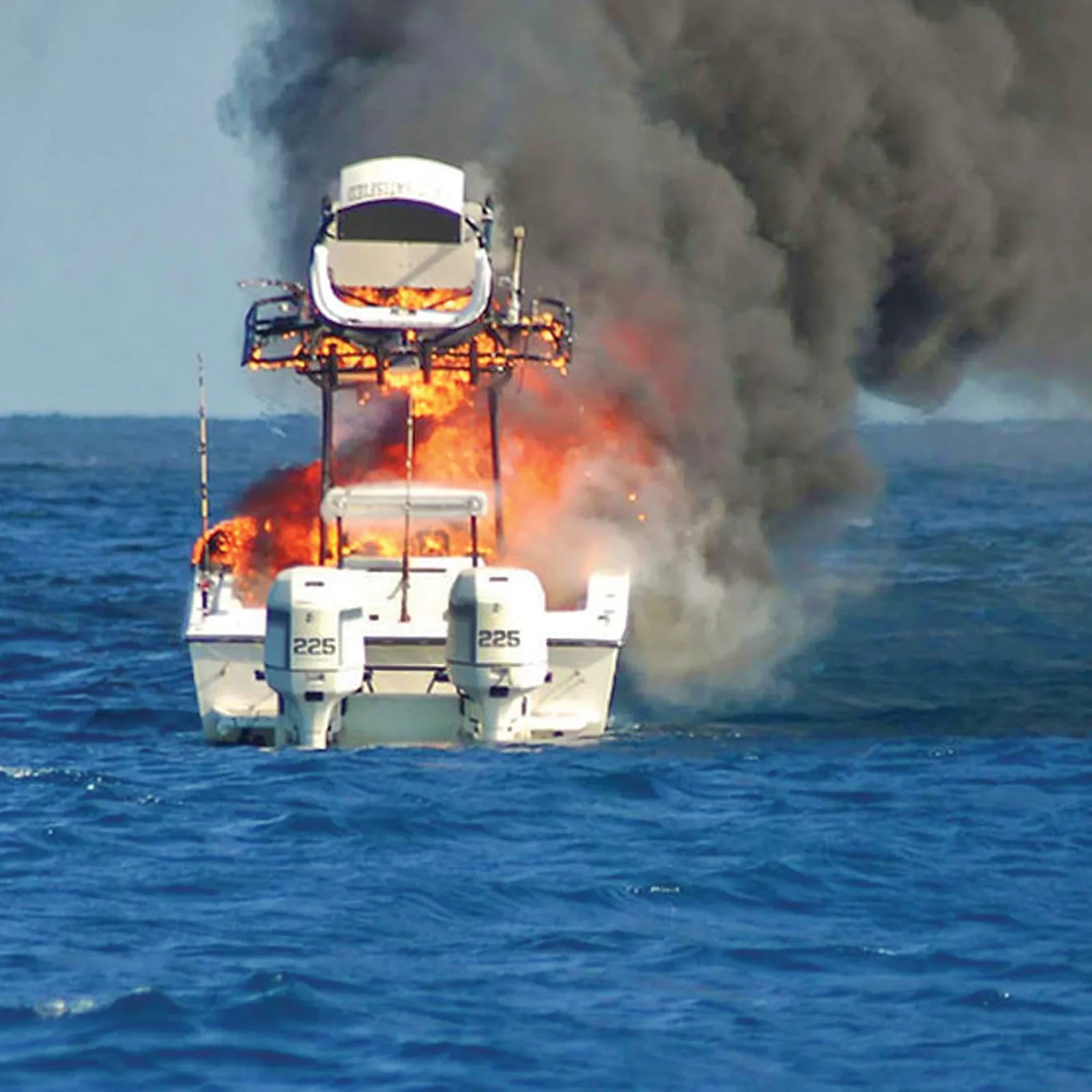
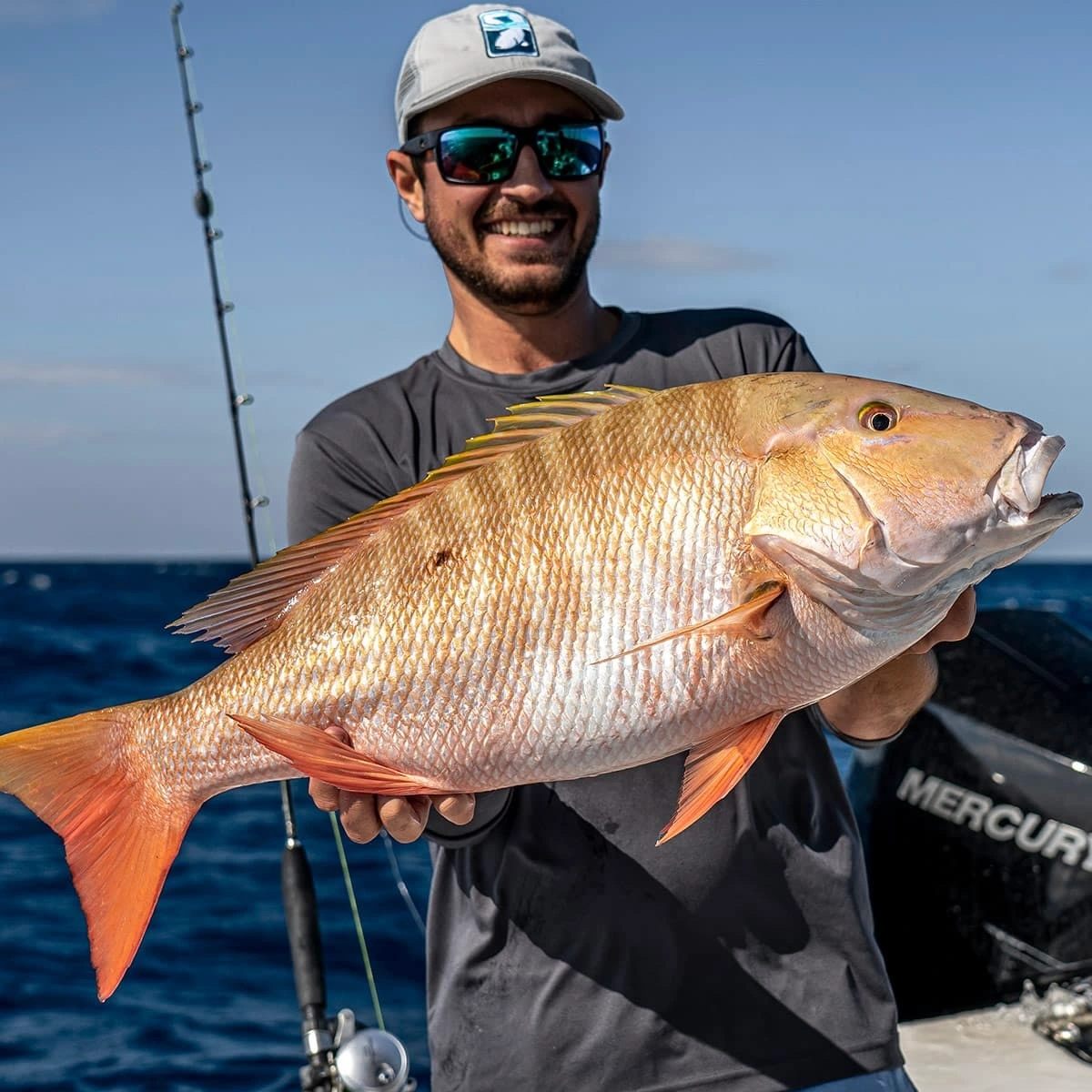
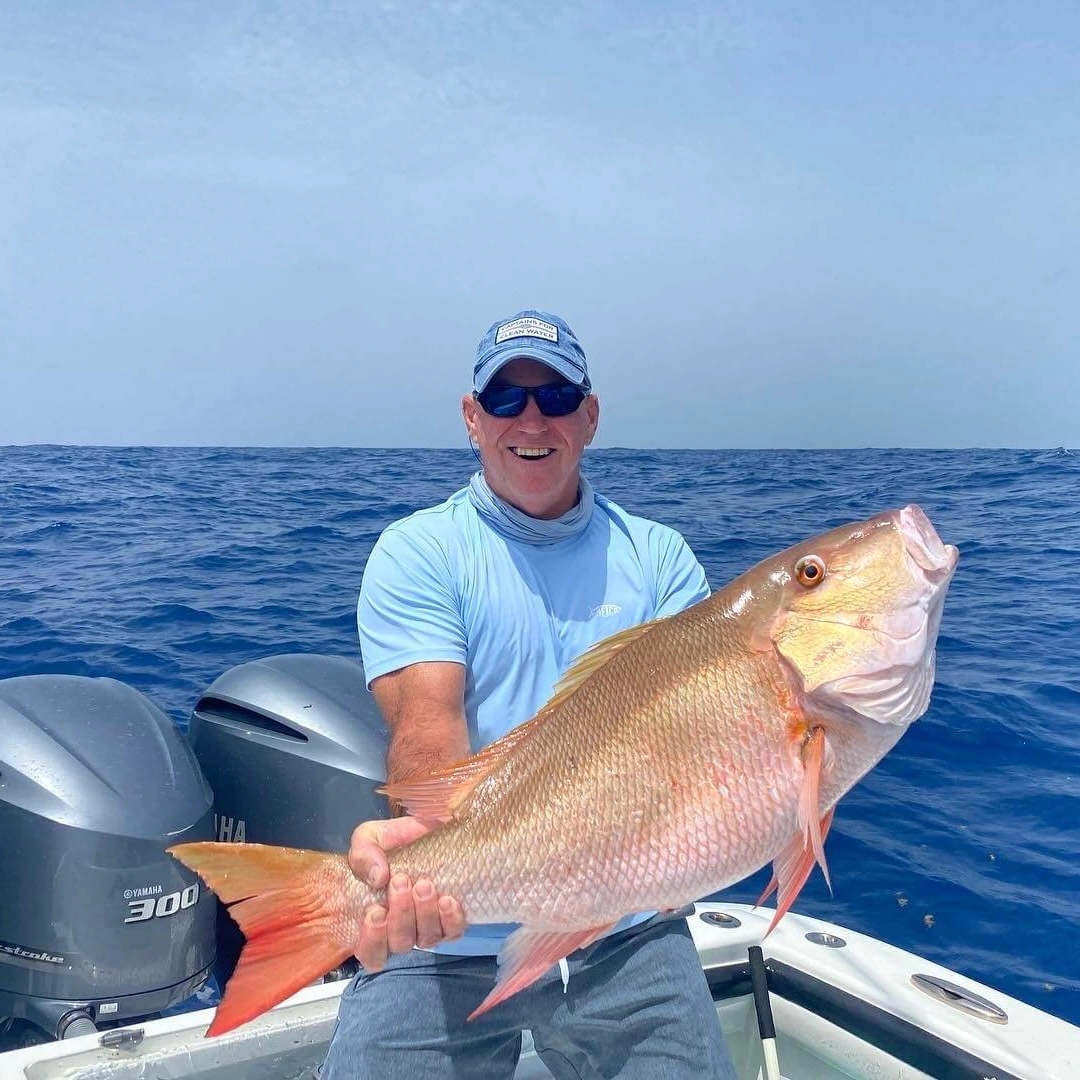
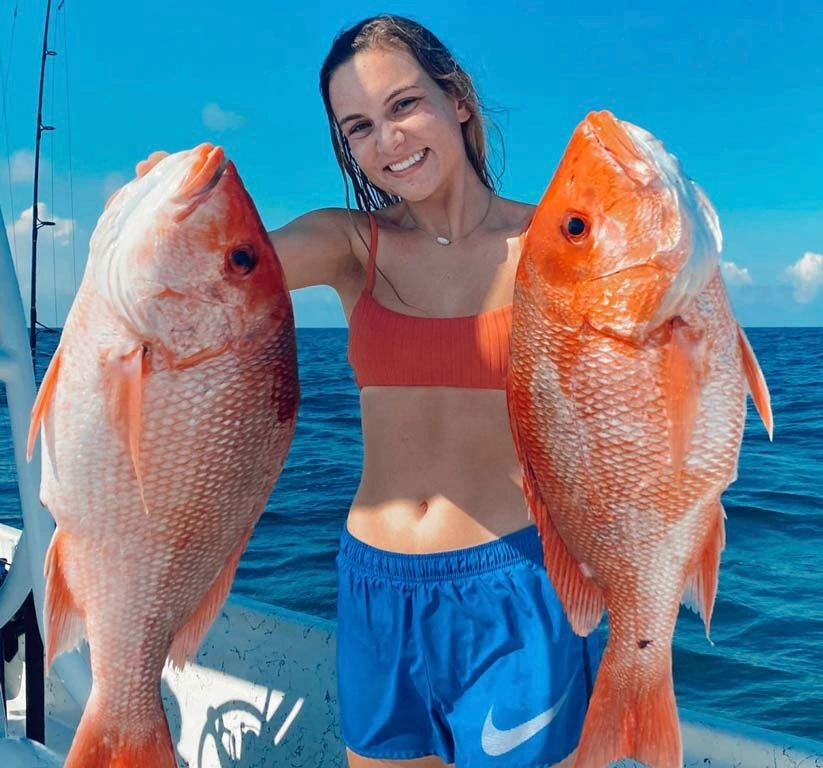
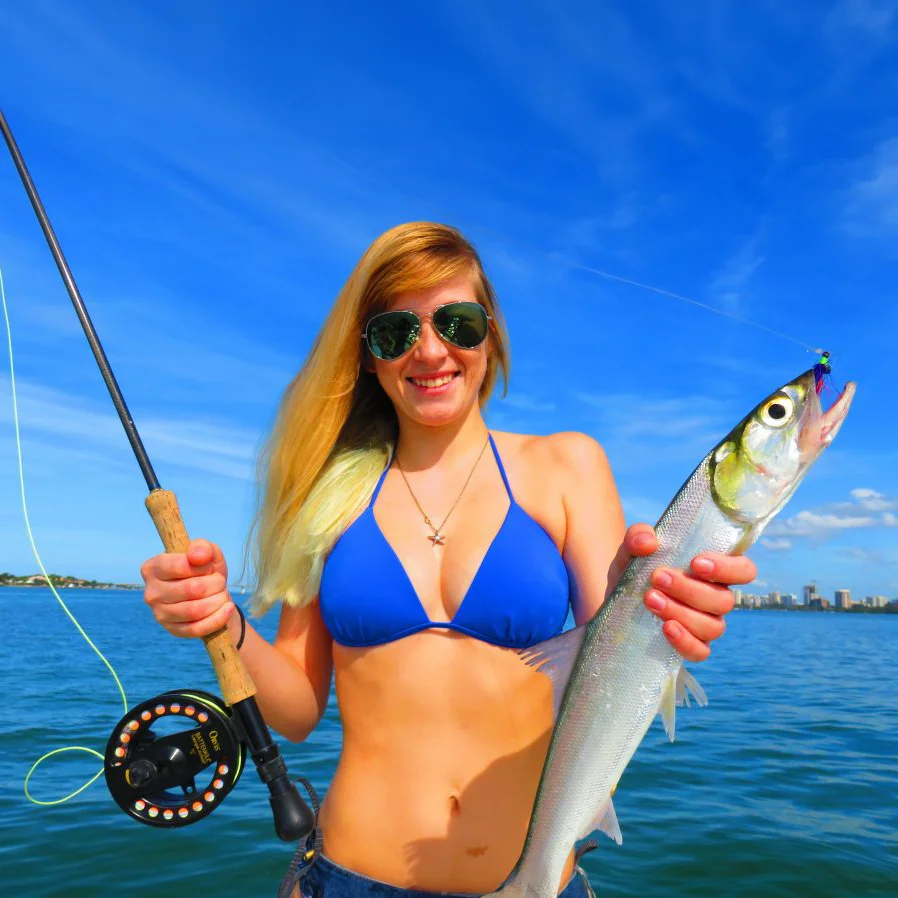
 Discover Black Label Marine Group — Florida’s premier boat dealership. From Ocala to Clearwater to Punta Gorda, we offer an unparalleled boating experience with a curated selection of top brands like Sea Fox, Caymas, Crownline, and Finseeker. Dive into your next adventure with us and become part of the Black Label boating family!
Discover Black Label Marine Group — Florida’s premier boat dealership. From Ocala to Clearwater to Punta Gorda, we offer an unparalleled boating experience with a curated selection of top brands like Sea Fox, Caymas, Crownline, and Finseeker. Dive into your next adventure with us and become part of the Black Label boating family!